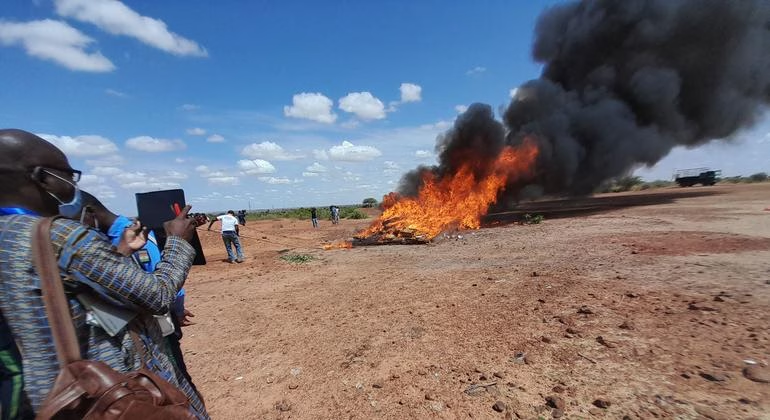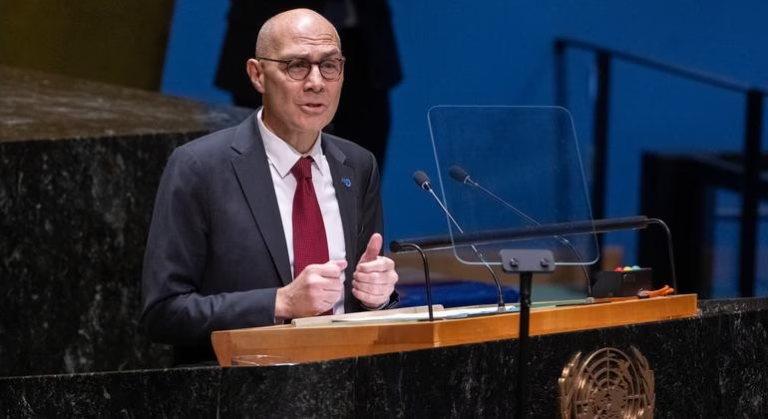In its 2024 Annual Report, the INCB highlights that these substances, unlike plant-based drugs, can be produced anywhere, without the need for large-scale cultivation. This factor makes them more accessible and cost-effective for traffickers to manufacture and distribute. The proliferation of potent opioids like fentanyl and nitazenes, capable of causing overdoses in small doses, has sharply increased the number of overdose deaths to record levels.
“The rapid expansion of the illicit synthetic drug industry poses a significant global public health risk with potentially devastating consequences for humanity,” stated INCB President Jallal Toufiq. “We must work together to take more robust action against this deadly issue that results in hundreds of deaths and immense harm to communities, he added.
Traffickers continuously adapt to evade law enforcement. Exploiting legal loopholes, they develop new synthetic compounds and exploit artificial intelligence to identify alternative chemicals for drug production. In addition, new smuggling methods, including drones and postal deliveries, make these drugs harder to detect, with the result that seizures of synthetic substances are now surpassing those of traditional drugs like heroin and cocaine.
The global response to synthetic drugs has been disjointed, allowing traffickers to remain ahead. The INCB advocates for stronger global collaboration, suggesting partnerships between governments, private companies, and international organizations to disrupt supply chains and prevent harm.
Meanwhile, despite the flood of synthetic drugs in the black market, many individuals in low- and middle-income countries still lack access to essential pain relief drugs. Restrictions in distribution and regulation keep medications like morphine scarce in regions such as Africa, South Asia, and Central America. The INCB urges opioid-producing countries to increase production and enhance affordability to improve palliative care and pain management.
The report also pinpoints areas where synthetic drug trafficking is on the rise. In Europe, the potential heroin deficit, following Afghanistan’s 2022 opium ban, could drive more to synthetic drugs. In North America, despite efforts, synthetic opioid-related deaths continue to hit record numbers. The production, trafficking, and use of amphetamine-type stimulants are growing across the Middle East and Africa, with lacking treatment and rehabilitation services. In the Asia-Pacific region, particularly the Golden Triangle, methamphetamine and ketamine trafficking are escalating.
The INCB calls for urgent action from governments, urging them to enhance international collaboration, improve data sharing, and expand drug prevention and treatment services. Without such decisive intervention, the synthetic drug trade is likely to keep evolving, endangering more lives.
Source: https://news.un.org/feed/view/en/story/2025/03/1160741








